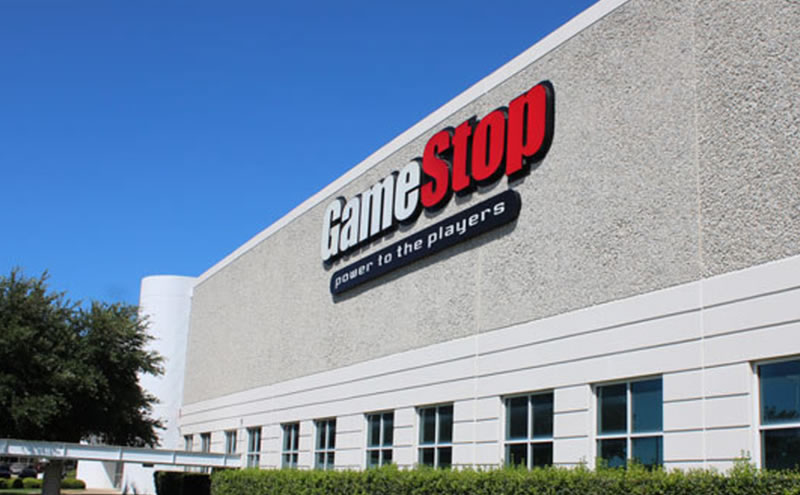Talk about a stock that has been resurrected over the past couple of weeks. GameStop (NYSE:GME) was once the king of the video game retail industry with a store in nearly every mall in America. Back in 2007, the stock was trading at an all-time high of $63.30 but currently, the price is down to the single digits trading for just over $9.40 per share, and this is after a recent 30% surge at the end of September. So what does this mean for the beleaguered retail brand? GameStop may look a lot different moving forward.

Back in September key investor Ryan Cohen, who owns RC Ventures LLC which owns a 10% stake in GameStop, stated that he believes GameStop can be transformed into an Amazon (NASDAQ:AMZN) like consumer distribution company. GameStop would shift its focus away from solely video games and focus on being a consumer product eCommerce platform. Of course, some questions remain. How will GameStop come up with the capital to shift its entire business focus so drastically? Are supply and distribution chains large and expansive enough to compete with Amazon’s delivery times?
Taking on Amazon is easier said than done, and the odds that GameStop of all companies may attempt to do so is confusing to say the least. Cohen, who previously founded Chewy (NYSE:CHWY), the pet-centric website that was bought out by PetSmart, shows that he does have a history of creating profitable eCommerce platforms. But GameStop has a return on equity of -57.56%, a -26.70% quarter-over-quarter revenue growth, an EBITDA of $-61 million, and a profit margin of -6.07%. Not great for a company that wants to take on one of the biggest companies in the world.
The future of the video game industry seems to have passed GameStop by as well. With the upcoming console generation from Sony (NYSE:SNE) and Microsoft (NASDAQ:MSFT) featuring digital editions, meaning the games are downloaded entirely from each company’s online store, a large part of GameStop’s store traffic will be entirely eliminated. During the pandemic the video game industry boomed as many people were stuck inside of their homes. Did GameStop benefit from this? Sort of. Its eCommerce sales boomed, especially for new console pre-orders, even as stores slowly re-opened. But how long can this keep up, as console pre-orders are primarily a one-time thing at the launch.
Still, GameStop has shored up its financials and reduced its debt significantly, allowing it to return to a cash-flow positive situation. If Ryan Cohen remains dedicated to his vision, then GameStop has a chance to turn things around. Investors should not expect an Amazon-like retail behemoth, but the potential is there to rebrand itself to a digital game seller that offers other consumer products as well. Think of the checkout line at Best Buy (NYSE:BBY) where you can pay for your video game and buy chocolate bars or other household goods as well.
At its current prices you could do worse than taking a shot on a long-term outlook for GameStop, and just hope that the company is able to evolve itself as much as the video game industry has.

















Rate this article